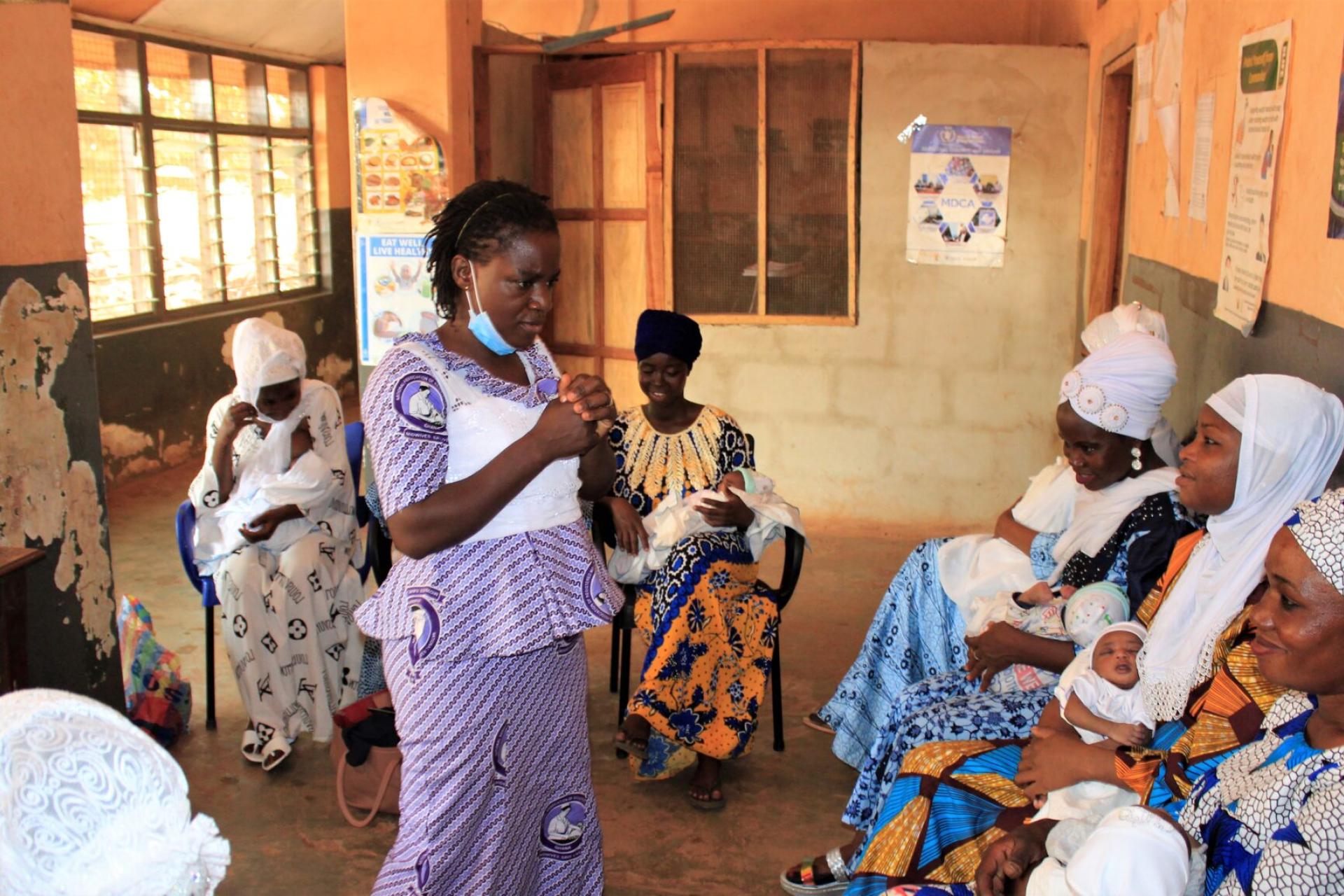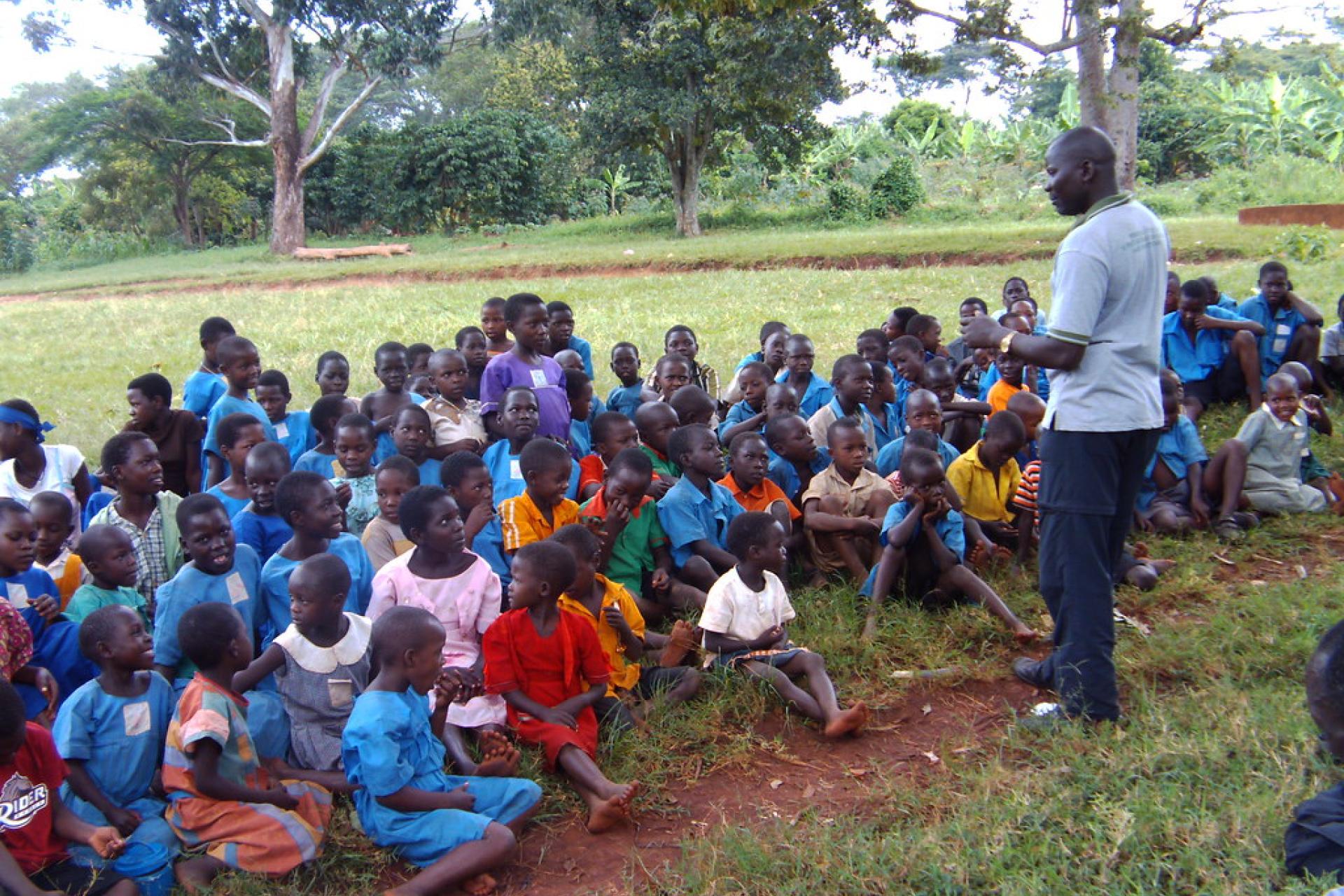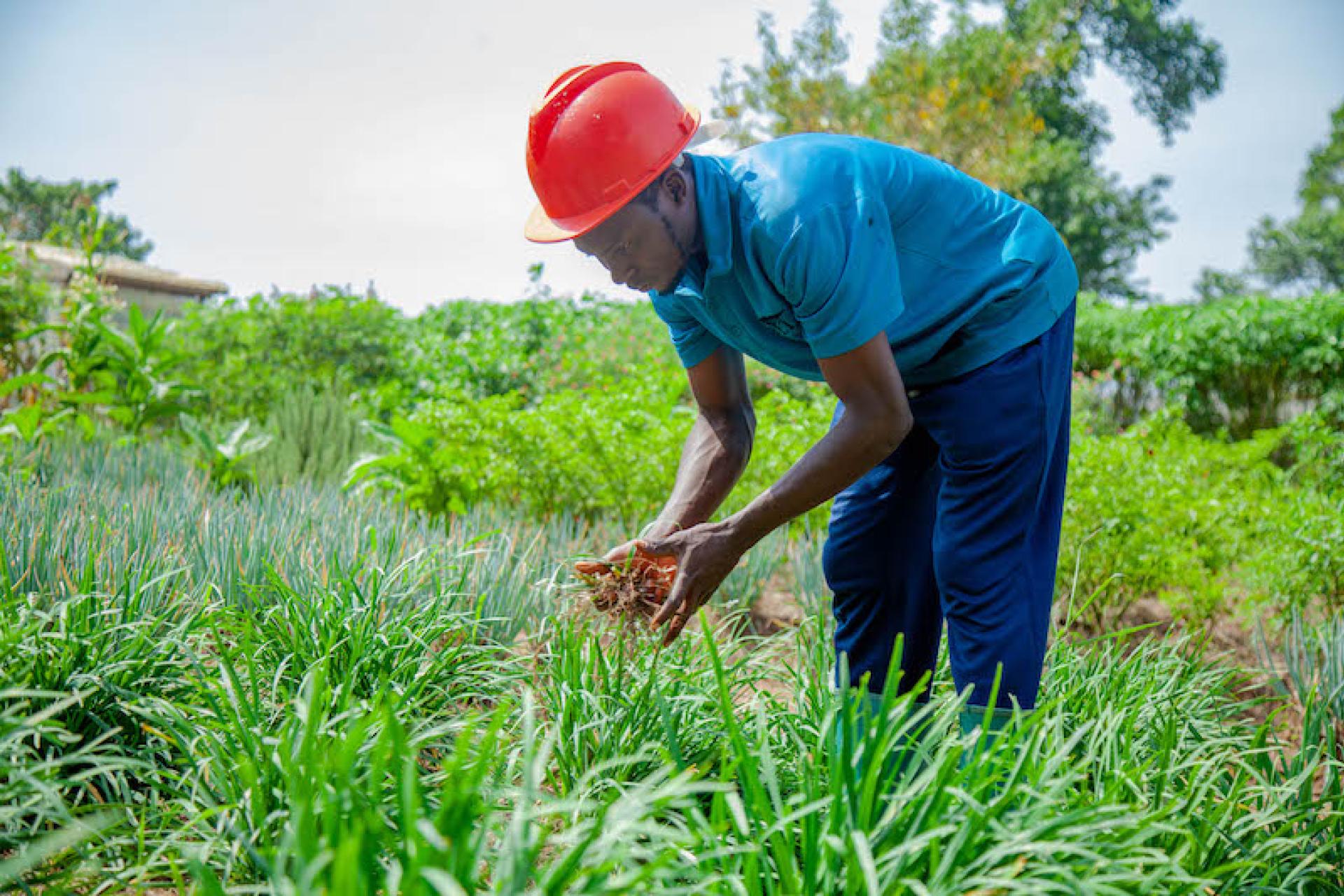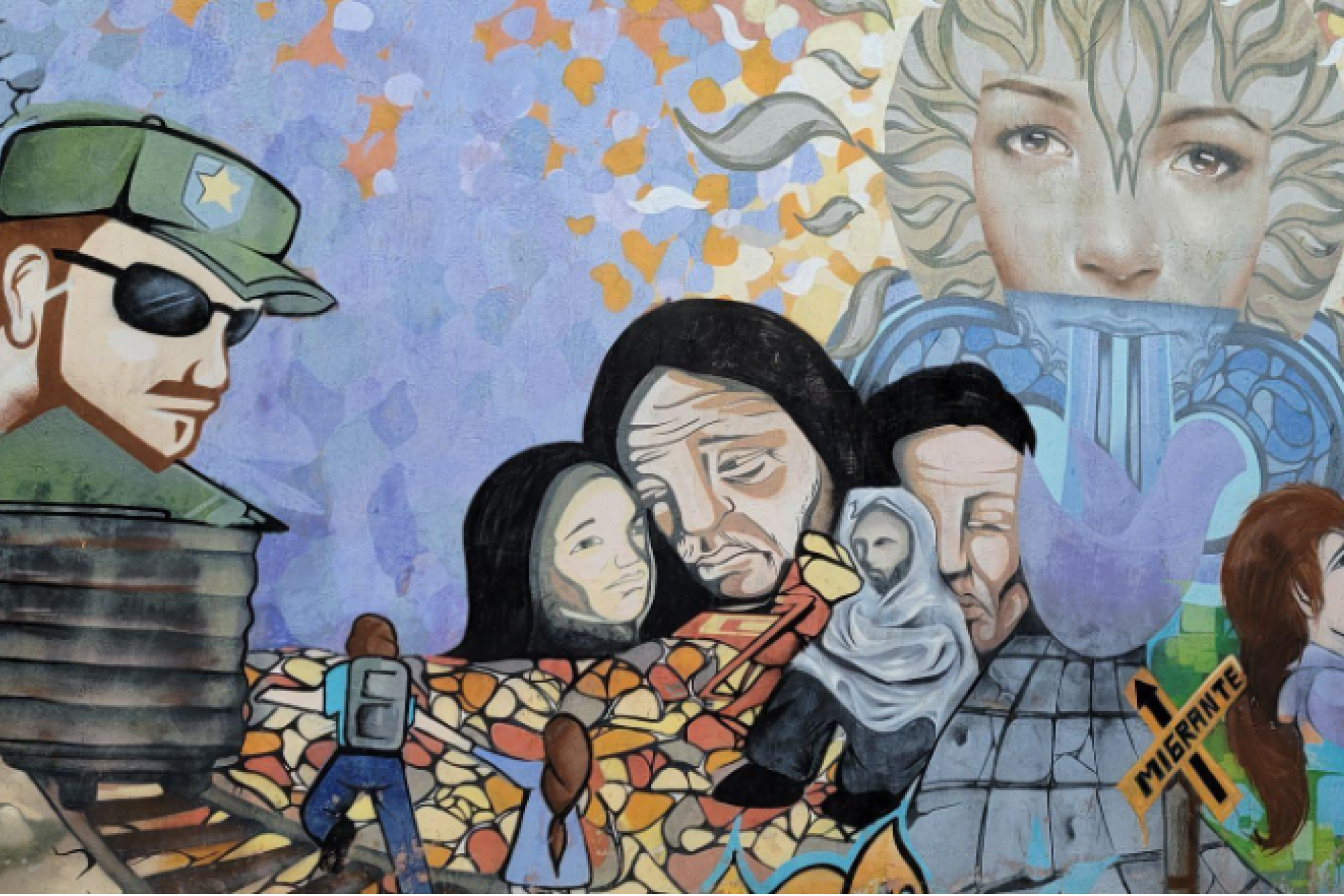How does postpartum care delivery model help maternal mortality?
Focused-PPC: An Integrated Postpartum Care, Education, and Support Model for Women in Ghana
This research tests the impact of an innovative integrated group of care, education, and support model for postpartum women up to one year after delivery. Focused postpartum care (PPC) was implemented as a randomized controlled trial in 4 health centers in Tamale, Ghana. (more...)











